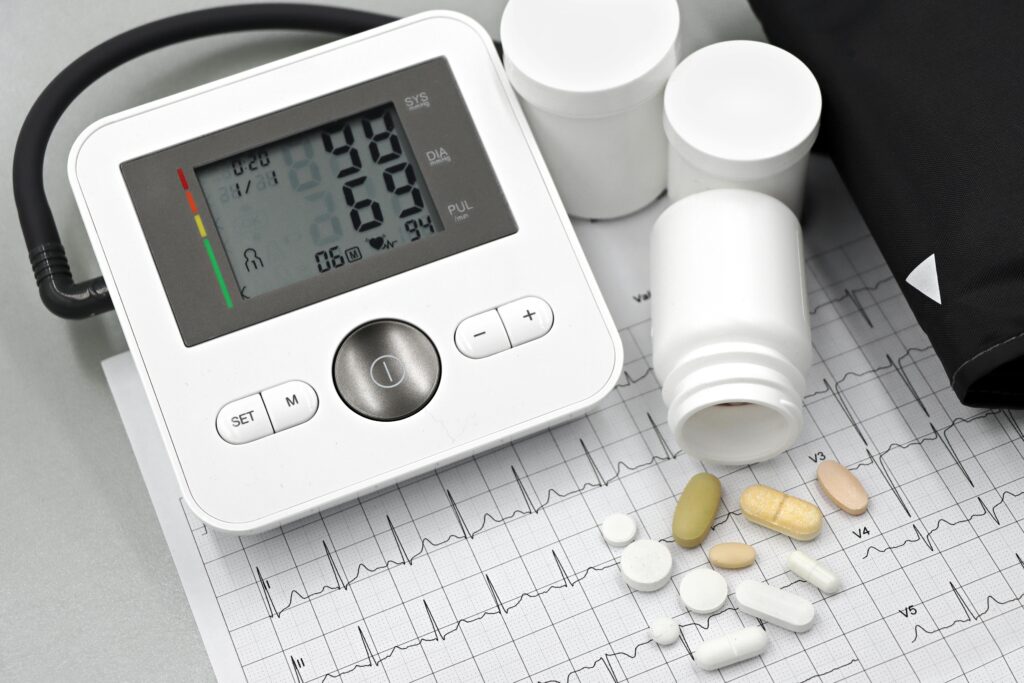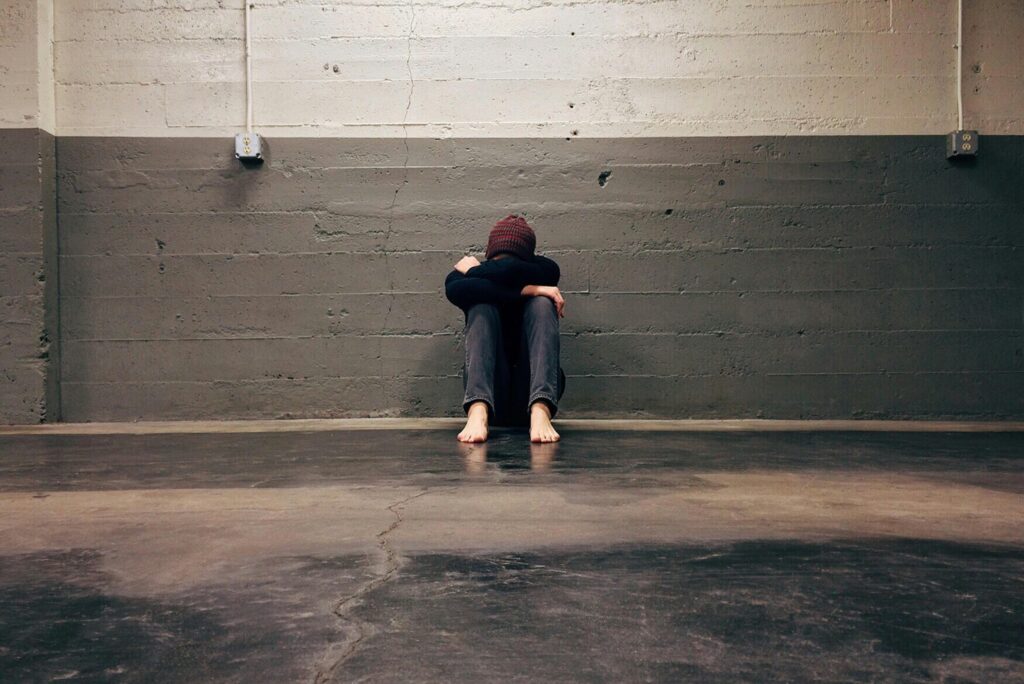
Nearly 30% of our population suffers from high BP, but very few people manage it properly. Many are still unaware they have it, which is a serious concern.High BP might seem like a small issue, but its effects on the body can be severe — it can even lead to death if ignored.How to quickly lower blood pressure in minutes?First understand
What is Blood Pressure?
When your heart beats and pumps blood throughout the body, it creates pressure against the walls of your arteries. This pressure is called Blood Pressure (BP).
When Should You Worry About Your BP?
If the blood doesn’t flow properly, and your BP becomes too high or too low, it becomes a medical concern.
Normal BP
- A BP of 120/80 mmHg (read as “120 over 80”) is considered normal.
- Normal BP is usually 120/80 mmHg or lower.
High BP (Hypertension)
- 130/80 mmHg and above: Start of high BP
- 140/90 mmHg and above: Stage 2 Hypertension
- 180/120 mmHg and above: Emergency! Contact a doctor immediately
Low BP (Hypotension)
- Below 90/60 mmHg is considered low BP.
- It means that your organs may not be getting enough blood.
Symptoms of Low BP:
- Dizziness
- Fainting or feeling lightheaded
- Fatigue or weakness
- Blurred vision
- Fast or irregular heartbeat
- Cold, sweaty skin
- Difficulty concentrating
Can High BP Be Lowered Instantly?
There is no safe home remedy to reduce high BP instantly.
There are some emergency medicines, but only a doctor should prescribe and supervise them.
Note: Medicines are the most effective long-term treatment for high BP. If you have high BP, always consult a qualified doctor.
You can buy a digital BP monitor to check your blood pressure at home. These machines are affordable and widely available now.
| Lifestyle Changes That Help Lower BP (Not Instantly, but Gradually): |
1. Reduce Salt Intake
Too much salt (sodium) increases BP.
Use very little salt in your food and avoid packaged or processed items high in sodium.
2. Exercise Daily
Walk, jog, do yoga, or join a gym. Regular physical activity greatly helps control BP.
3. Lose Extra Weight
If you’re overweight, your BP is more likely to be high. Try to reduce body fat.
4. Quit Smoking and Tobacco
These increase heart rate and BP quickly and also raise the risk of heart and lung diseases.
5. Eat More Vegetables, Avoid Non-Veg
Fruits and veggies are rich in potassium, which helps regulate BP. Include leafy greens, fruits, and salads in your daily diet.
6. Manage Stress
Stress raises BP. Try meditation, yoga, deep breathing, and get enough sleep to stay calm.
Why Regular BP Checkups Are Important
High blood pressure is often called a “silent killer” because it usually doesn’t show symptoms until serious damage has occurred. That’s why regular monitoring is crucial, even if you feel healthy. Early detection can help prevent complications like heart disease, stroke, or kidney damage.
You can easily monitor your BP at home using a digital BP monitor — they are simple to use and give quick results. Try checking your BP at the same time each day and keep a record.
If your BP is often high or fluctuating, consult a doctor immediately. Don’t ignore minor symptoms like headaches, dizziness, or shortness of breath.
Spreading awareness about BP in your family and community is also important. Encourage your loved ones to get checked — prevention is always better than cure.
Health Tip:
Long-term high BP can damage your kidneys.Stay active, eat balanced meals, reduce stress, and monitor your blood pressure regularly to keep your heart healthy and strong.”
Get your creatinine level tested once a year to check kidney health.
Disclaimer:This post is for informational purposes only and is not intended to replace medical advice, diagnosis, or treatment.


